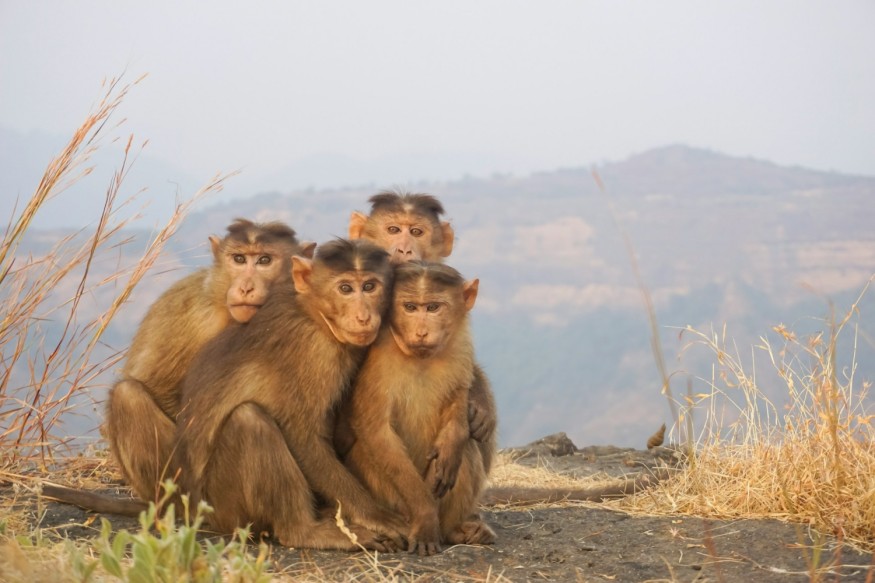Monkey attacks on humans are common in some parts of the world. Based on recorded cases in multiple countries, including India, Japan, and Thailand, these animal attacks have resulted both in injury and death. In the latest string of related events, an unusual incident occurred earlier this month when wild monkeys attacking a toddler in India were thwarted by Amazon's voice artificial intelligence (AI), called "Alexa."
Amazon AI Stops Monkey Attack

Amazon's voice AI Alexa has been credited for stopping a wild monkey attack on a 15-month-old toddler in India's Uttar Pradesh, according to reports over the weekend. The incident happened in the town of Basti when monkeys broke into a home after recent guests left the house's gate open. Along with the toddler is her 13-year-old sister Nikita who used a device that has Amazon AI installed on it.
Local reports said that Nikita commanded Alexa to imitate the sound of barking dogs, threatening the monkeys that had started to ransack the home, throwing around food and utensils. After the primates heard the barking noises from the device, they immediately left the compound and prevented a potentially fatal monkey attack.
Also Read: Monkey Attack: 10-Year-Old Child Mauled to Death by Gang of Vicious Monkeys in Indian Village
Notably Monkey Attacks on Humans
Monkey attacks, as mentioned earlier, are common occurrences especially in areas when both Homo sapiens and the non-human primates live in close proximity with each other. In previous attacks, there had been a variety of monkey species involved in different countries, but the most common among them are the macaques. For instance, they include the long-tailed macaque and pig-tailed macaque in Thailand and Japanese macaques in Japan.
In November 2023, a 10-year-old boy in Gujarat, India died after monkeys brutally ripped into his stomach and removed his intestines, as reported by local media. According to forest officials, the monkey attack occurred near a temple in Dehgam Taluka in Salki village of Gujarat's Gandhinagar city. Local authorities said that the incident happened when the victim was playing with his friends in the small village.
In July 2022, reports of an increasing number of macaque monkey attacks were observed in Japan, which recorded dozens of injured people in one city alone. Amid Japan's growing macaque populations, frequent clashes with local human populations also increase, according to reports. During the said period, officials at the city of Yamaguchi stated they killed monkeys which they believe to be responsible for the attacks against humans.
Why Monkeys Attack People?
In previous years, headlines about brutal monkey attacks, both on children and adults, have become a recurring theme in the media and social networking platforms. Although it may seem that our primate cousins are retaliating against us, wildlife experts assert that the reason behind these assaults has nothing to do with speciation or species differentiation but rather it has something to do with "over-habituation."
According to Tracie McKinney, an expert in biological anthropology, a major factor in monkey bites and attacks is over-habituation, which is a phenomenon when animals lose their fear of humans and eventually become a nuisance. In a January 2024 report, McKinney implies that this phenomenon seems to be the case in India, Japan, and Thailand, adding that regardless of species or location, over-habituation can still occur.
© 2025 NatureWorldNews.com All rights reserved. Do not reproduce without permission.




